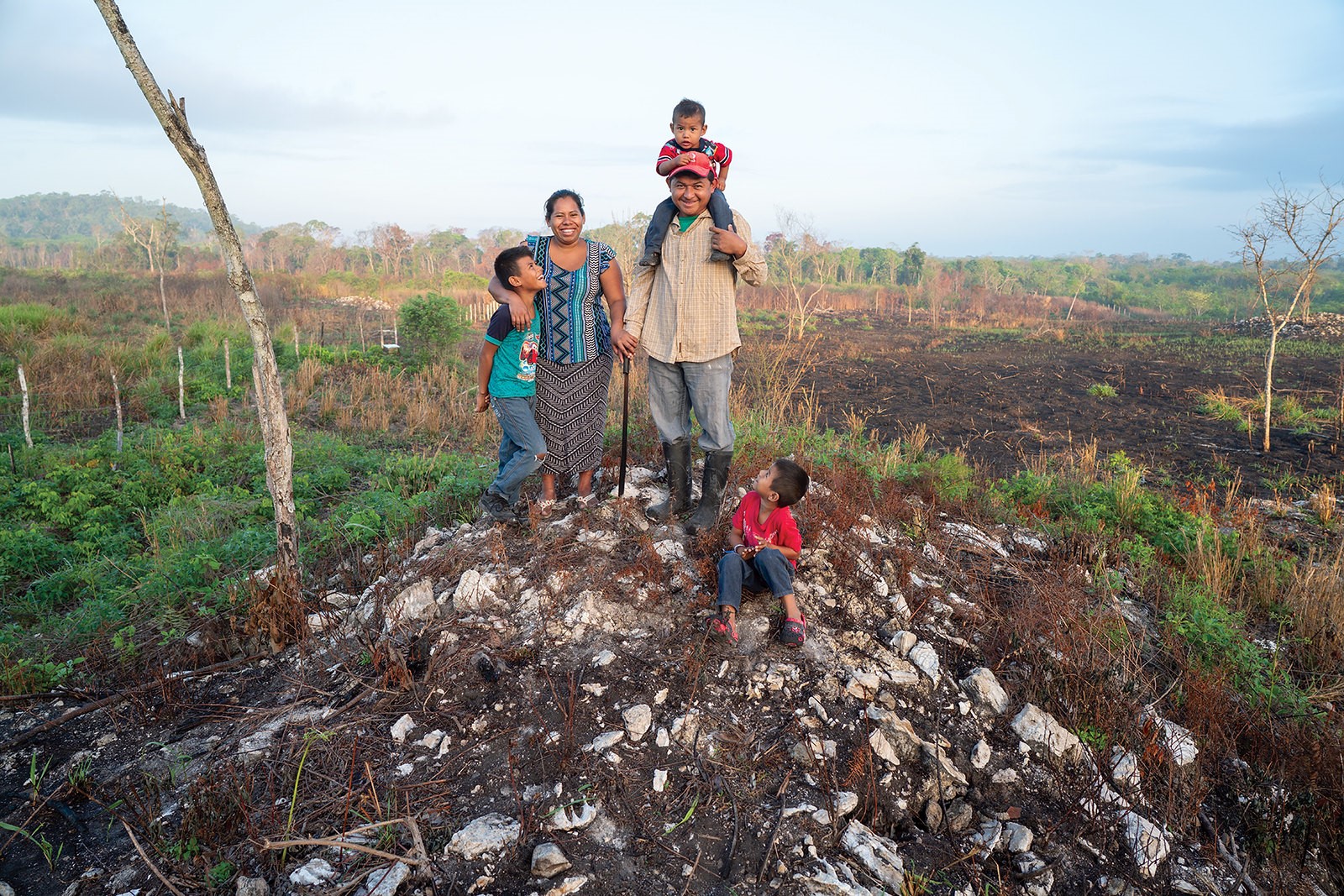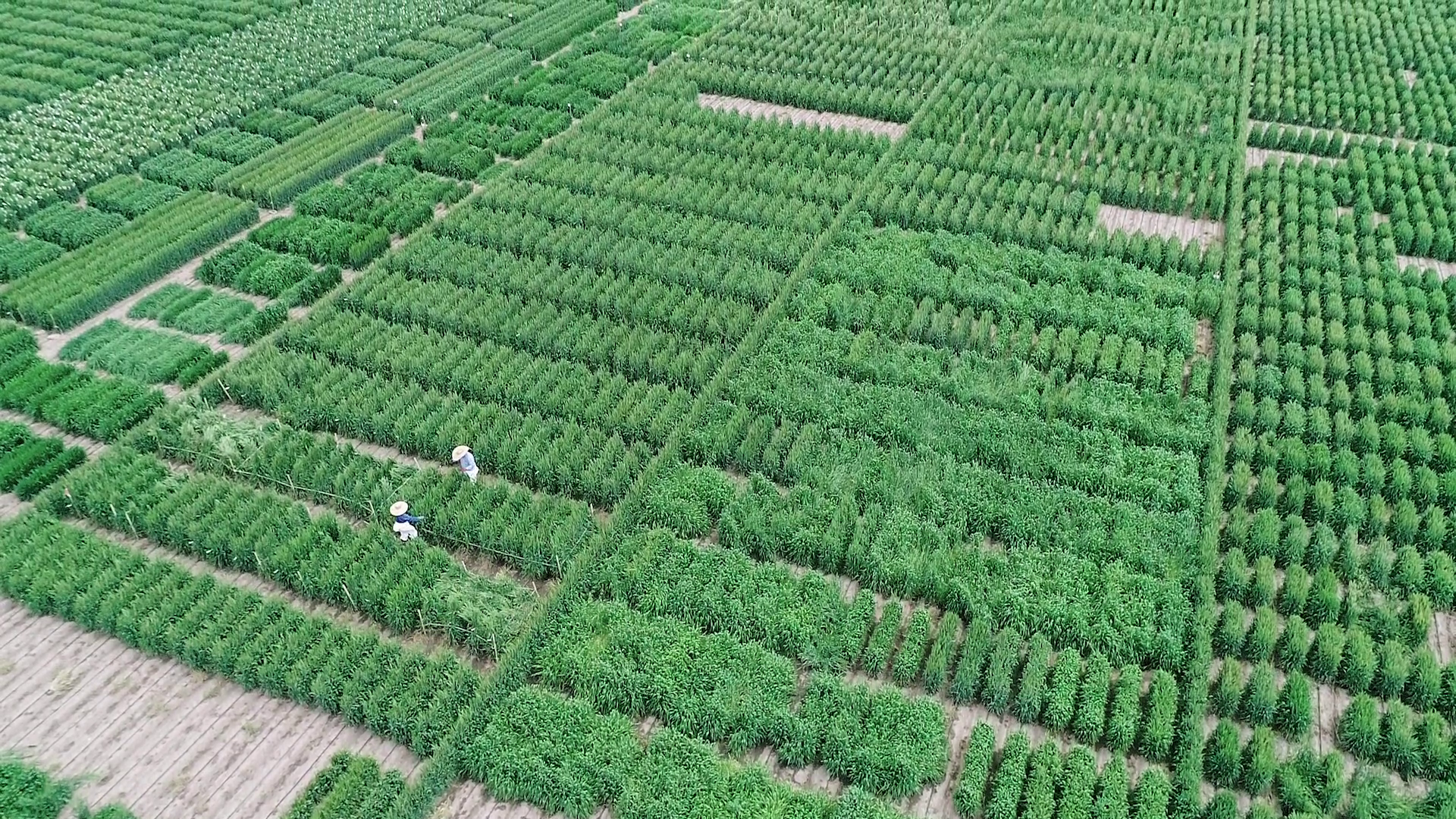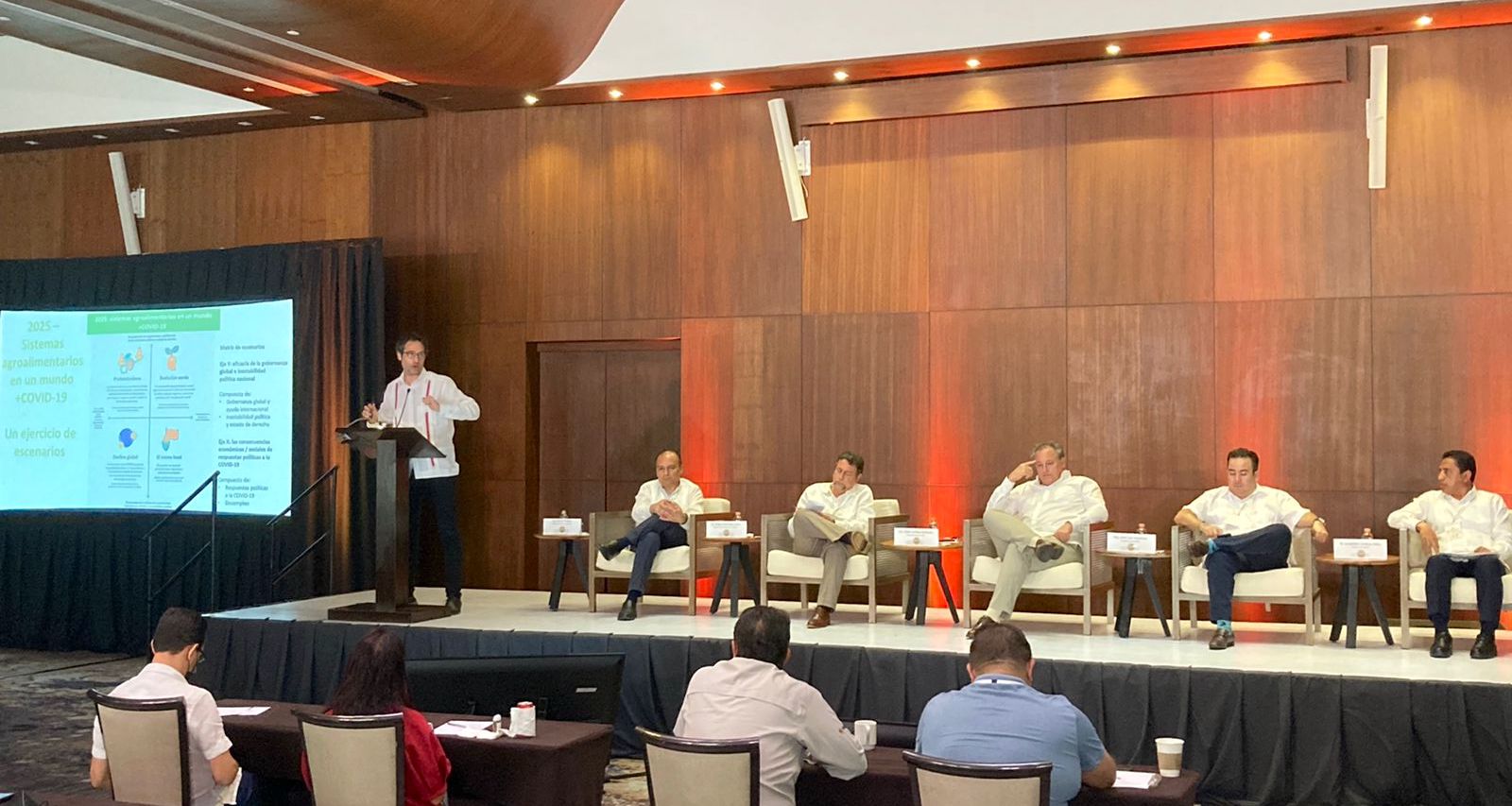
The Association of Mexican Seed Producers (Asociación Mexicana de Semilleros, A.C., or AMSAC) gave the International Maize and Wheat Improvement Center (CIMMYT) its annual Cesár Garza Award for work by MasAgro (Crops for Mexico), a project that develops and spreads high-yielding, climate resilient maize and improved farming practices in Mexico. MasAgro is operated by CIMMYT and Mexico’s Secretariat of Agriculture and Rural Development (SADER).
“We unanimously selected CIMMYT for having established an effective and inclusive network of some 100 Mexican testing sites to generate and spread hybrid seed adapted to the country’s diverse agro-ecologies,” said José Luis Gastelum Careaga, president of the governing council of AMSAC, a group of more than 70 seed companies.
The award ceremony took place in Playa del Carmen, in Mexico’s Quintano Roo state, on November 4, 2021.
CIMMYT breeding research is behind the development of 70 new maize hybrids released in Mexico by dozens of small- and intermediate-scale seed companies, helping to double the maize yields of farmers who adopt them, according to Bram Govaerts, CIMMYT director general and leader of the Center’s work in MasAgro.
“AMSAC’s recognition comes at a crucial time, when public support for crop breeding, seed systems, and capacity building are more urgent than ever in the face of climate change and increased, pandemic-related food insecurity,” Govaerts said. “We’ll leverage this prestigious award and our strong partnership with AMSAC members to move toward an improved and more widespread version of MasAgro’s integrated approach for transforming Mexico’s cereal crop farming systems.”
Propelling public-private partnerships
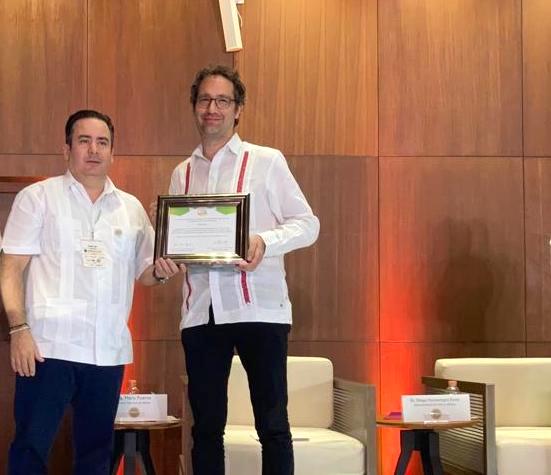
Taking advantage of CIMMYT training and breeding lines, Mexican seed producers working with MasAgro have boosted their maize seed sales 33% — or 4.6% yearly — during 2011–20, Govaerts said.
This and the recent award illustrate CIMMYT’s success at sharing improved maize through powerful, decades-long partnerships with public and private entities. Small- and medium-scale seed companies have benefitted from access to CIMMYT breeding lines, technical support, business model training, and Center participation in efforts to foster competitive seed markets, according to a recently published book documenting 50 years of maize research by CIMMYT and the International Institute of Tropical Agriculture (IITA). Both centers are members of CGIAR, the world’s largest global agricultural innovation network.
“The increased number and market share of [small- and medium-scale] maize seed companies in Mexico and sub-Saharan Africa in recent years are strongly linked to the availability of stable, stress tolerant inbreds from CGIAR programs,” the book’s executive summary states. “The annual production … of over 130,000 tons of seed of CGIAR-derived stress-tolerant hybrids in Africa by [small- and medium-scale enterprises] … has addressed an important gap in seed markets not being met by multi-national companies.”
In 2015 more than a third of the area in sub-Saharan Africa was sown to new varieties and hybrids derived from CIMMYT and IITA breeding research, and adoption has accelerated since then, generating from $0.66 to 1.05 billion each year in economic benefits, according to a 2021 study.
As part of CIMMYT partnerships with large, multi-national seed companies, the Center has obtained royalty-free licenses to use proprietary technology and maize hybrids in specific areas of Africa, focusing on small-scale farmers. These partnerships, as well as similar agreements with advanced public research institutes, have fostered more widespread application for tropical maize of tools such as genomic selection, database software, and doubled haploids.
In Asia, building on collaborations from as far back as the 1960s, CIMMYT launched a maize improvement consortium in 2010 involving 25 mostly small- and medium-scale seed companies. For a modest annual fee to fund consortium management, members have access to early- and advanced-generation CIMMYT inbred lines and trait donors, as well as support services for hybrid development. This model has subsequently been copied in Mexico and in eastern and southern Africa (17 companies).
“CIMMYT science and support for maize and wheat farming systems span more than six decades and have brought impressive, well documented impacts in improved harvests and food security for those who grow and consume these globally-critical staple crops,” Govaerts said. “On behalf of the Center, I would like to recognize and thank those who fund our work, and especially the hundreds of skilled and committed partners without whom our efforts would not be possible.”
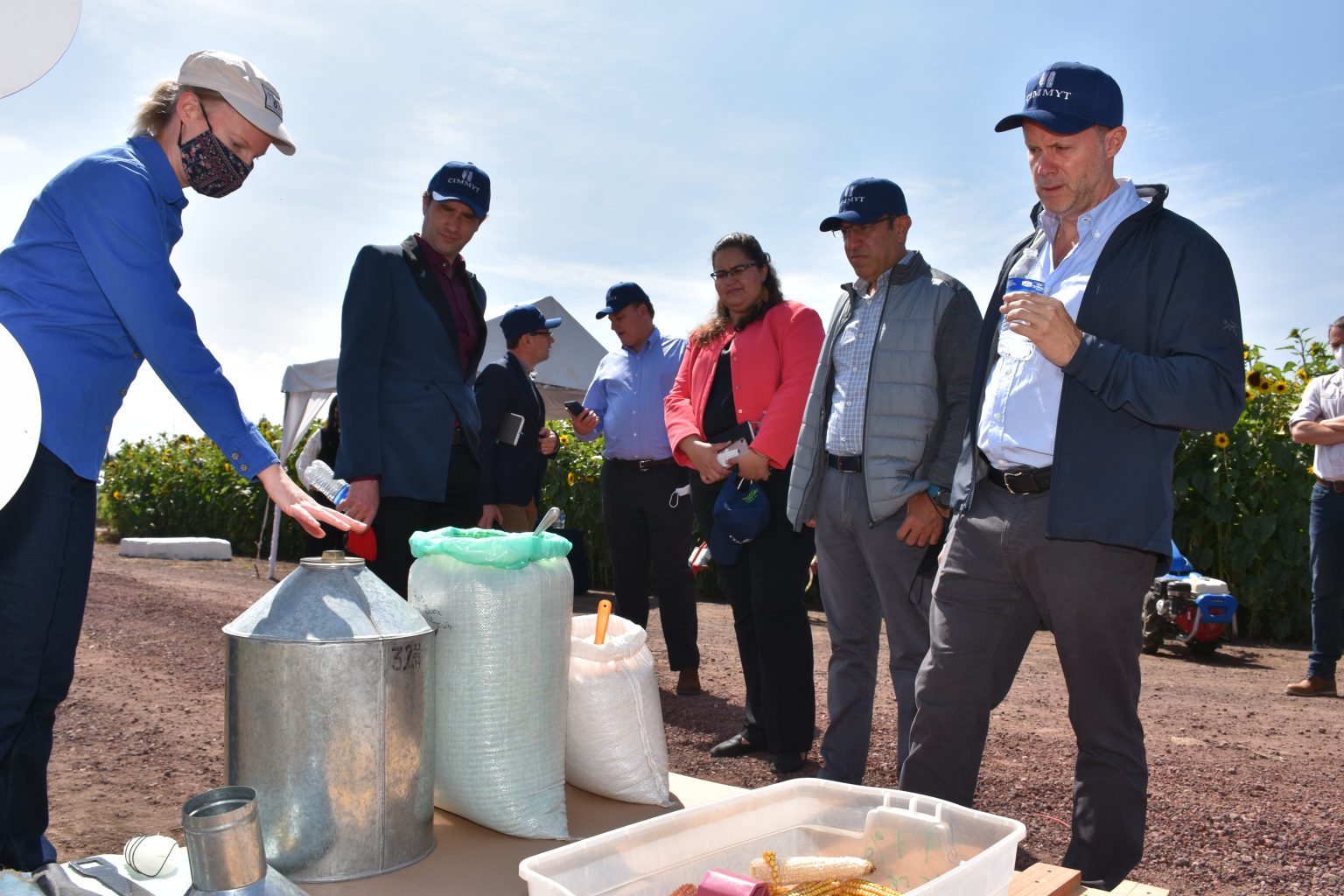
 Innovations
Innovations 